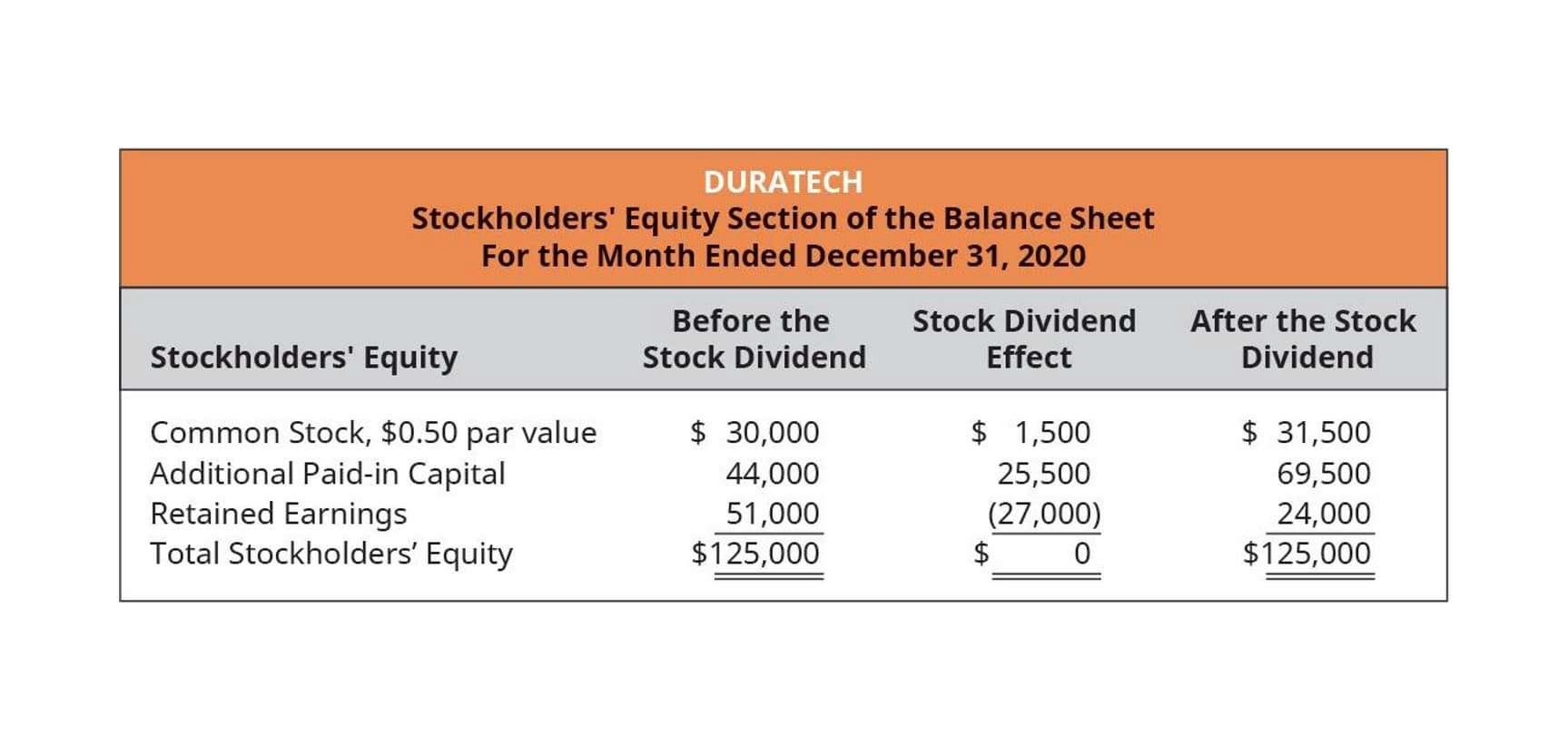
It was then reported that customers started to cancel, while some of them demanded refunds. According to former customers mentioned in the article, ScaleFactor was overpromising and underdelivering, creating erroneous bookkeeping, and being viewed as more of a bookkeeping service business than a software platform. The company forwent Texas-based investors, turning to mostly West Coast-based money for its Series C. Coatue Management led this latest round (its exits include Uber, Lending Club, Reddit and Lyft). (Its venture arm is based in San Francisco) Returning investors Bessemer Venture Partners, Canaan Partners, and Broadhaven Ventures also participated in the financing, in addition to new backers such as Vulcan, Stripes Group, and NextPlay Capital, and some angel investors. Kansas City-based Firebrand Ventures, which recently opened an office in Austin, put money in the round as well after having invested as far back as ScaleFactor’s seed raise in 2017. (The funding though, overall, bucks a trend we often see of Texas-based startups mostly raising capital from Texas-based VC firms. Specifically, 83 percent (or ten) of the top 12 active investors in Texas in H1 of this year were actually based in Texas).

To bolster this effort, ScaleFactor hired The Outsourced Accountant, an offshore firm in the Philippines, to help. But no matter where they worked, the unpredictable technology continued to lead to errors in customers’ books. The company raised $103M based on the promise that they were going to revolutionize accounting for small and medium businesses by automating their bookkeeping. During due diligence, one of these potential investors learned that ScaleFactor had a customer service team who they were told functioned as “account managers.” Further inquiry revealed the employees were accountants.
Do you have a detailed plan to scale your business in 2024?
This investor behavior might seem naïve to onlookers, but VC funds don’t spend money the same way as an individual does. This means that your intuition might be misleading when you try to judge their behavior. Spending a disproportionate amount of time and money on due diligence on companies who are more than 90% likely to fail anyway doesn’t make a lot of sense. In reality, it doesn’t matter if a startup loses all investor money because they did their best but failed or because they were Theranos-level frauds. The land of tech startups is a land overflowing with investment money that generates almost all returns from a very few enormous successes.
- Rathmann explained that, since ScaleFactor’s software is already integrated into so many parts of the customer’s operations, there are plenty of opportunities to offer additional services.
- Covid-19 swept the United States the following month, and existing customers weren’t buying in; Robert and Cornelia Stang balked after being told their contract would jump from $500-a-month to $1,700.
- ScaleFactor was founded by Kurt Rathmann, a chartered accountant whose vision is to adapt the powerful financial software used by big enterprises, and bring it to yoga studios, coffee shops, and other small operations.
- The company forwent Texas-based investors, turning to mostly West Coast-based money for its Series C. Coatue Management led this latest round (its exits include Uber, Lending Club, Reddit and Lyft).
- Later, with cooling from the expansion the roles of matter and radiation changed and the universe entered a matter-dominated era.
As part of the investment, Coatue gets a seat on the board, giving ScaleFactor access to a hedge fund that invested in Uber, Lending Club, Reddit, and Lyft in addition to Square and Shopify. “The proliferation of data is making platforms like ScaleFactor increasingly useful,” for small and medium-sized businesses that are looking for actionable insight in real-time, said Laffont. At the end of the day, Kurt Rathmann explained to Forbes last month, customers were craving a person, rather than a computer to do their accounting.
Matter-dominated era
Launched in 2014, scalefactor offered software that automates back-office tasks including bookkeeping and payroll. The idea was to provide the automated bookkeeping tools available to larger companies to small and medium sized businesses, a tool that complement other products from Shopify and Square that enable small businesses to operate online. With ScaleFactor’s software, companies can access automated accounting and bill pay and invoicing tools, integrate their financial processes into a tax compliance calendar, and view performance data through ScaleFactor’s company visibility dashboard. ScaleFactor currently serves three markets, including professional services companies, subscription-based businesses, and brands in consumer-packaged goods. ScaleFactor makes online financial software that enables small and medium-sized businesses to automate back-office tasks including bookkeeping and payroll. Business customers pay a flat fee to access the digital tools and services with packages starting at around $6,000 and reaching as high as about $30,000 a year.
- Some customers were offered discounts in exchange for a reference; others were signed on without billing information, former sales employees say.
- The situation was made even worse because ScaleFactor was delivering a pretty bad service and had some shady practices on the customer side of the equation.
- Multiple clients confirmed that they were receiving books full of errors that they had to correct themselves.
- Unfortunately, the major thing that customers got out of their experience was a lesson in the risks involved in being a first adopter of unproven, innovative solutions.
- Scale factor can also be used to find any missing dimensions in similar figures.
- But ScaleFactor used aggressive sales tactics and prioritized chasing capital instead of building software that ultimately fell far short of what it promised, according to interviews with 15 former employees and executives.
To a person that isn’t involved in the world of startups, all of this might seem like a classic case of fraud – the founders sold a lot of bullshit to VC funds and some customers, and the VCs bought it. In 2017 the company launched their first software product which was built on top of QuickBooks and Xero with the goal to orchestrate the laborious process of bookkeeping. Accounting Prose empowers our clients with the accurate data they need to make crucial financial decisions and successfully scale their business. The evolution of the scale factor is a dynamical question, determined by the equations of general relativity, which are presented in the case of a locally isotropic, locally homogeneous universe by the Friedmann equations. In this case, the scale factor can be calculated by a formula, which is another version of the basic formula given in the previous section. This formula can also be used to calculate the dimensions of the new figure or the original figure by simply substituting the values in the formula.
The Best Prescription Glasses Online Tested And Approved By Our Team
In the end, the only tool with a true automation component, the potential investor found and employees confirmed, was an internal workflow engine, or “a guided to-do list” for https://www.bookstime.com/ employees that organized tasks required to close a customer’s books. Since due diligence is costly, a single big-name investor that has already bought into the company means that it’s fairly likely other investors would buy in without doing extensive due diligence of their own. Moreover, even the fact that humans were doing most of the work of the supposed AI isn’t a big surprise. In the world of lean startups, (temporary) spit-and-duct tape solutions are expected. Faking it initially is not only tolerated but outright encouraged to prove there is a market for the solution you are trying to build.
- To make the reality less obvious, instead of calling their workers accountants, they called them customer service officers.
- In this case, the scale factor can be calculated by a formula, which is another version of the basic formula given in the previous section.
- As furry friends age, their people face the prospect of costly vet bills, chronic health conditions to manage, and constant worry about their…
- Recent measurements of the change in Hubble constant with time, based on observations of distant supernovae, show this acceleration in expansion rate,[14] indicating the presence of such dark energy.
- In the world of lean startups, (temporary) spit-and-duct tape solutions are expected.
- While Covid might have been the final nail in the coffin (allegedly it halved the company’s $7M ARR), it’s likely mostly a convenient occasion to close shop and save face – something quite common nowadays (see our article on Quibi’s shut down).
